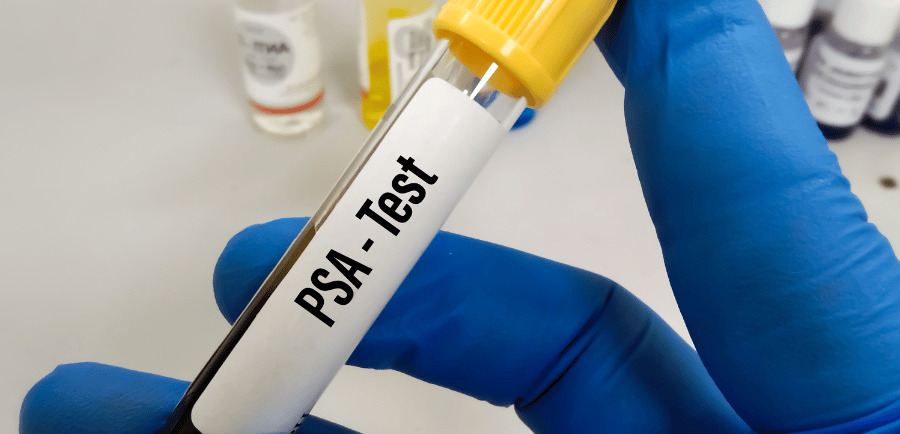Talking PSA
The PSA test is a simple blood test that measures the level of prostate-specific antigen in your blood.
6/23/20252 min read


What Exactly is a PSA Test?
The PSA test is a simple blood test that measures the level of prostate-specific antigen in your blood. PSA is a protein produced by both healthy and cancerous cells within the prostate gland. It's crucial to remember that a high PSA level doesn't automatically mean cancer. Other factors, such as an enlarged prostate (BPH), a prostate infection, or even recent vigorous exercise, can also elevate PSA levels.
Why is This Simple Test So Important?
The true strength of the PSA test lies in its ability to detect potential prostate problems early. When prostate cancer is caught in its localized stage—before it has spread to other parts of the body—the chances of successful treatment are significantly higher. Early detection can lead to:
More Treatment Options: Localized prostate cancer often presents a wider array of effective treatment options, including surgery, radiation therapy, and active surveillance.
Better Outcomes: Early intervention dramatically improves the odds of a full recovery and a longer, healthier life.
Reduced Risk of Aggressive Cancer: Detecting prostate cancer when it's still small and confined can prevent it from progressing into a more aggressive and challenging-to-treat form.
Who Should Consider a PSA Test?
Guidelines for PSA testing can vary, so it's vital to discuss what's right for you with your doctor. Generally, consider discussing PSA testing if you are:
Age 50 or older: This is the general age when discussions about prostate cancer screening often begin.
Age 40-45 with a family history of prostate cancer: If your father or brother had prostate cancer at an early age, your personal risk might be higher.
Of African descent: Men of African descent have a higher risk of developing prostate cancer, and often at an earlier age.
What Happens if My PSA is High?
A high PSA reading is not a cancer diagnosis itself; rather, it's a signal for further investigation. Your doctor may recommend:
Repeat PSA test: To see if the levels remain elevated or have changed over time.
Digital Rectal Exam (DRE): A physical examination of the prostate gland.
Further imaging: Such as an MRI of the prostate.
Prostate biopsy: If other tests strongly suggest cancer, a biopsy is necessary to confirm the diagnosis.
The Bottom Line: Be Proactive About Your Health
Don't wait for symptoms to appear, as by then, prostate cancer may have advanced. A simple conversation with your doctor about the PSA blood test can be a crucial step in safeguarding your health and potentially saving your life. It's an easy, relatively inexpensive test that offers invaluable insights into your prostate health.

